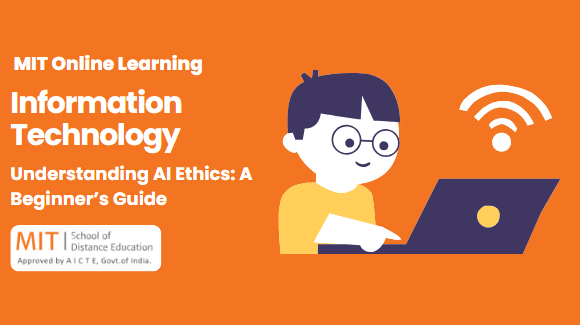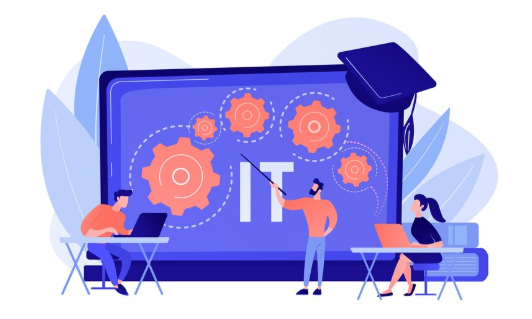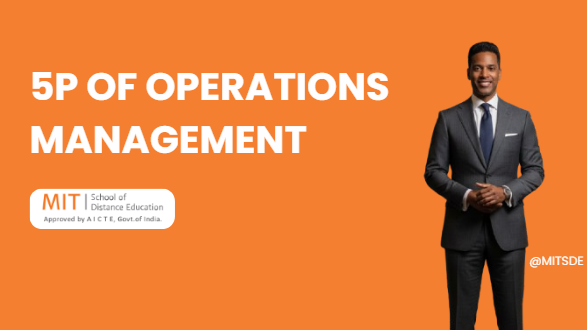
Table of Content
- What is AI Ethics?
- Why Is Artificial Intelligence Ethics Important?
- Key AI Ethics Principles You Need to Know
- AI Ethics in Education
- Real-World Examples of AI Ethics in Action
- Challenges in Implementing Ethical AI
- Why MITSDE is the Right Choice for Learning AI Ethics
- The Future of AI Ethics: A Call to Action
- Conclusion: Lead the Future with Ethical Intelligence
Artificial intelligence (AI) has arrived and is already influencing our lives in a myriad of ways. It is no longer a theory for the far future. AI is pervasive in our daily lives, from facial recognition to self-driving cars, and from personalized learning platforms to healthcare prediction analytics. However, as this game-changing technology spreads, it also poses significant queries: Is it possible for AI to make just decisions? Should sensitive data be entrusted to it? When AI fails, who bears responsibility?
AI ethics is a vital topic that emerged as a result of these worries. Understanding artificial intelligence ethics is now required, whether you’re a professional, student, or just interested in how technology affects society. The definition of ethical artificial intelligence (AI), its significance, and the ways that organizations are setting the standard for training future leaders through specialized programs like the PGDM in Information Technology will all be covered in this book.
What is AI Ethics?
Fundamentally, the field of ethics known as AI ethics is concerned with how artificial intelligence systems ought to act and be built in a way that is consistent with human values. It takes into account things like accountability, transparency, fairness, and privacy. Making sure AI technologies benefit humanity in a fair and constructive way is the aim.
Developers and organizations are being challenged to consider more than just utility as AI and ethics continue to develop together. It’s important to consider what AI should be able to achieve, not just what it can.

Why Is Artificial Intelligence Ethics Important?
Artificial Intelligence’s significance It is impossible to exaggerate ethics. The stakes are high: AI affects surveillance, criminal sentencing, credit rating, hiring decisions, and more. In the absence of ethical frameworks, there is a chance that prejudices will be reinforced, privacy will be violated, and harm will result.
Consider an AI-powered medical diagnostic tool that incorrectly diagnoses a patient as a result of skewed training data. or a gender-based discriminatory hiring algorithm. Such results are ethical failures as well as technological ones. Because of this, ethical AI is a major concern for businesses everywhere.
Key AI Ethics Principles You Need to Know 📜
Understanding AI Ethics Principles is essential for anyone entering the world of AI. These guiding rules help build systems that are responsible, transparent, and fair. Here are some of the most widely accepted principles:
1. Transparency
Users should be able to understand how AI decisions are made. Black-box algorithms can be dangerous in high-stakes situations.
2. Fairness
AI systems should treat all individuals equally, avoiding discrimination or bias based on race, gender, or socioeconomic status.
3. Accountability
There must be clear responsibility for AI’s actions. Developers and companies should be accountable for how their technologies are used.
4. Privacy
Protecting user data is paramount. Ethical AI must ensure data is used responsibly and with consent.
5. Safety
AI systems should be robust and secure, minimizing risk and unintended consequences.
6. Sustainability
AI should be designed with the planet in mind, using resources responsibly and reducing environmental impact.
These principles are not just theoretical—they are actively being implemented in corporate policies, government regulations, and academic curricula.
AI Ethics in Education 📚
AI Ethics in Education is becoming a hot topic in the field of education. AI-powered adaptive learning solutions help students learn more efficiently by personalizing their education. However, they also bring up moral concerns of equity, algorithmic bias, and data gathering.
Do kids receive fair evaluations? Is the responsible handling of personal data occurring? Teachers and IT developers need to consider these issues. Students enrolled in MITSDE’s Postgraduate Diploma in Information Technology program acquire the skills necessary to create morally sound and just AI solutions for educational environments.
Real-World Examples of AI Ethics in Action 🏢
To truly grasp the importance of AI ethics, let’s explore how some companies are applying ethical principles in the real world:
- IBM has developed frameworks and tools for AI fairness, explainability, and transparency.
- Google published its AI principles, pledging not to develop AI for weapons of mass surveillance.
- Microsoft has created an AI Ethics Board to oversee high-risk AI projects.
These are not just best practices—they are expectations for responsible innovation. By aligning with such standards, professionals can lead AI projects that earn public trust.
Challenges in Implementing Ethical AI
Despite growing awareness, several challenges hinder the adoption of Ethical AI:
- Lack of Standardization: There is no universal framework for AI ethics, leading to inconsistency.
- Bias in Data: Biased datasets continue to lead to unethical outcomes.
- Global Disparities: Ethical concerns vary across cultures, making global consensus difficult.
- Rapid Technological Change: Ethics often lags behind innovation.
These challenges make education in AI ethics all the more important. That’s why MITSDE integrates real-world case studies, ethical simulations, and AI governance training into its PGDM in IT curriculum.

Why MITSDE is the Right Choice for Learning AI Ethics 🎓
If you’re serious about understanding AI and Ethics, there’s no better place to start than MIT School of Distance Education (MITSDE). With its cutting-edge PGDM in Information Technology, MITSDE bridges the gap between technology and responsible practice.
Here’s how MITSDE stands out:
- 📘 Industry-Relevant Curriculum: The PGDM IT course is designed with input from tech experts and ethicists.
- 👨🏫 Expert Faculty: Learn from professionals with real-world experience in AI, cybersecurity, and sustainability.
- 🌍 Global Perspective: Gain insights into how different countries and cultures view Artificial Intelligence Ethics.
- 🧑💻 Hands-On Learning: Through projects and case studies, students explore AI systems ethically and practically.
- 🎯 Career-Oriented: The Postgraduate Diploma in Information Technology at MITSDE opens doors to ethical tech leadership roles in top firms.
In today’s landscape, ethical competence is just as important as technical skills. Whether you’re aiming to build apps, lead projects, or create policy, a foundation in AI Ethics will make you stand out.
The Future of AI Ethics: A Call to Action 🚀
As AI continues to evolve, so must our understanding of ethics. This isn’t just a job for developers—it’s a collective responsibility. Whether you’re a student, educator, policymaker, or business leader, engaging with AI Ethics Principles is essential to shaping a better digital world.
And there’s no better way to start than by educating yourself. If you’re passionate about the future of technology and want to build systems that make a difference—ethically—then MITSDE is your launchpad.
🔚 Conclusion: Lead the Future with Ethical Intelligence
AI is powerful, but with great power comes great responsibility. Ethical considerations are not add-ons—they are core to how we design, deploy, and interact with technology. From protecting privacy to promoting fairness, AI Ethics is the moral compass guiding the future of innovation.
Whether you’re looking to build AI tools or manage digital transformation, understanding AI and Ethics is non-negotiable. And with a strong academic foundation like the PGDM in Information Technology from MITSDE, you can become a leader who shapes the tech world responsibly.
✅ Take the first step today!
Apply for the PGDM in IT at MITSDE and master the principles of Ethical AI while preparing for a high-impact career in the digital world.


